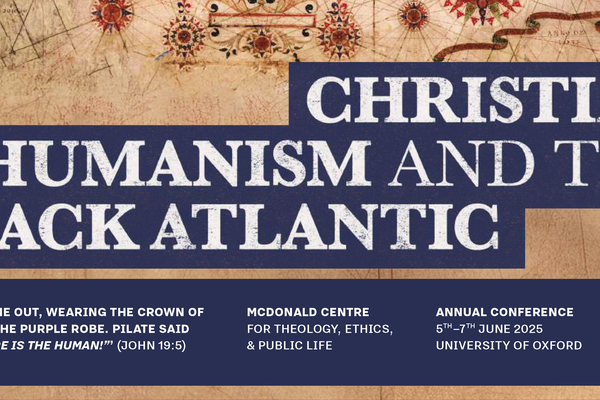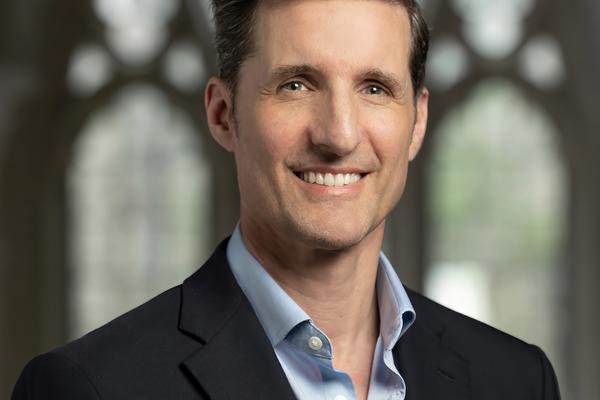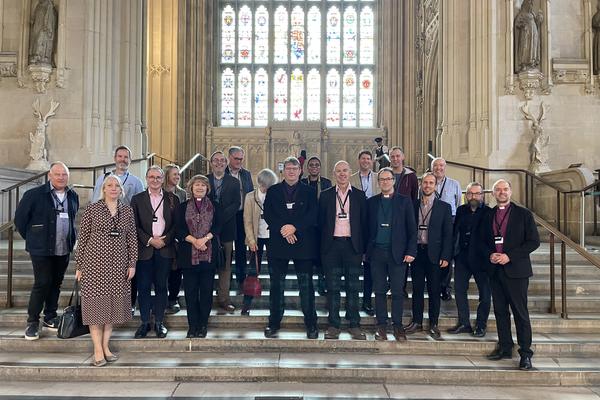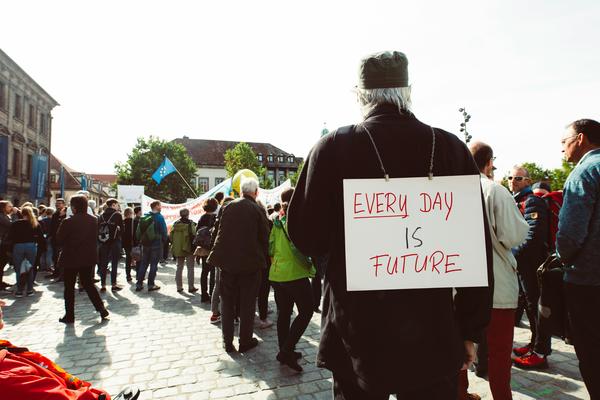Home
move to slideshow movement controls
 Pause slideshow
move to slideshow content
Pause slideshow
move to slideshow content
About us
Christian Humanism and the Black Atlantic
The McDonald Centre Annual Conference 2025
Christian Humanism and the Black Atlantic
Engagement
Political Theologies of a Democratic Common Life
24-26 March 2025
Political Theologies of a Democratic Common Life
Inspiring Sheldonian Series continues to celebrate intellectual curiosity and diversity of thought
Recent Activities
Inspiring Sheldonian Series continues to celebrate intellectual curiosity and diversity of thought
About us
Featured
5 Jun
McDonald Centre for Theology, Ethics, & Public Life Annual Conference 2025 | Christian Humanism and the Black Atlantic
McDonald Centre for Theology, Ethics, & Public Life Annual Conference 2025 | Christian Humanism and the Black Atlantic
Oxford
Professor Luke Bretherton appointed as new director of McDonald Centre
Professor Luke Bretherton appointed as new director of McDonald Centre
Projects
Christianity and Democracy
Christianity and Democracy
Christian humanism in the Black Atlantic
Christian humanism in the Black Atlantic
The Public Legitimacy of the Church of England
The Public Legitimacy of the Church of England
Trajectories in Political Theology
Trajectories in Political Theology
Christianity and Democracy
Christianity and Democracy
Christian humanism in the Black Atlantic
Christian humanism in the Black Atlantic
The Public Legitimacy of the Church of England
The Public Legitimacy of the Church of England
Trajectories in Political Theology
Trajectories in Political Theology
Christianity and Democracy
Christianity and Democracy
Christian humanism in the Black Atlantic













